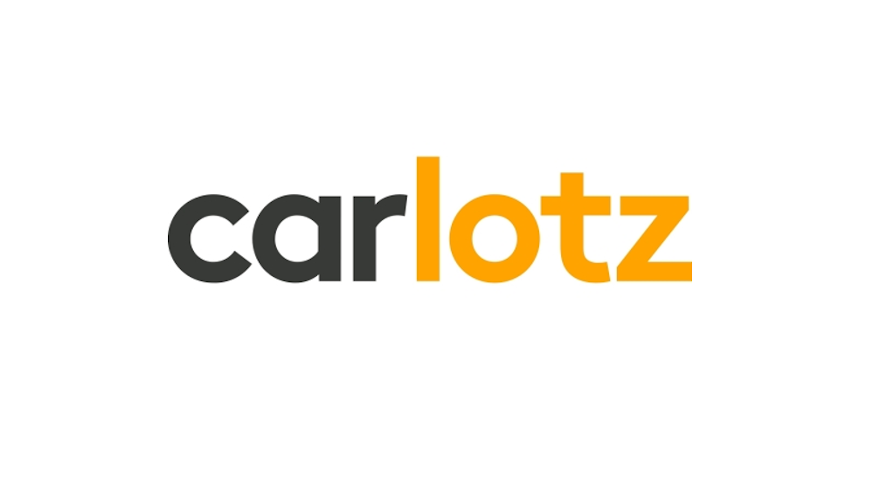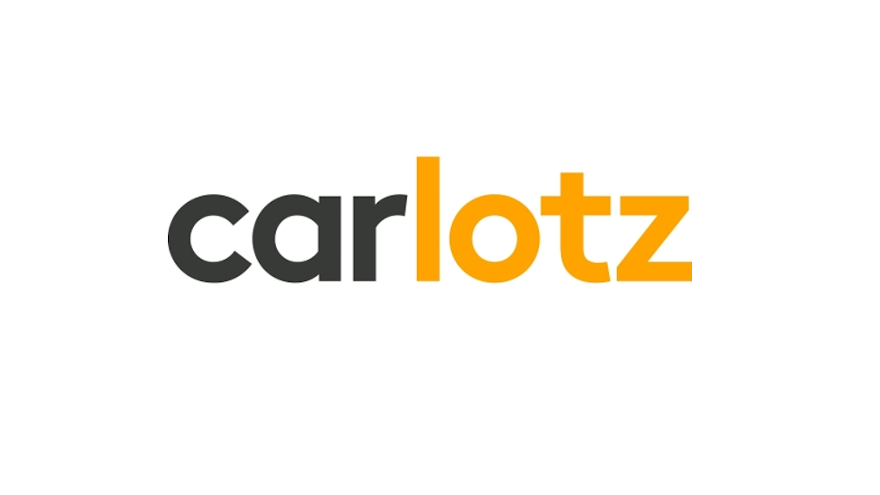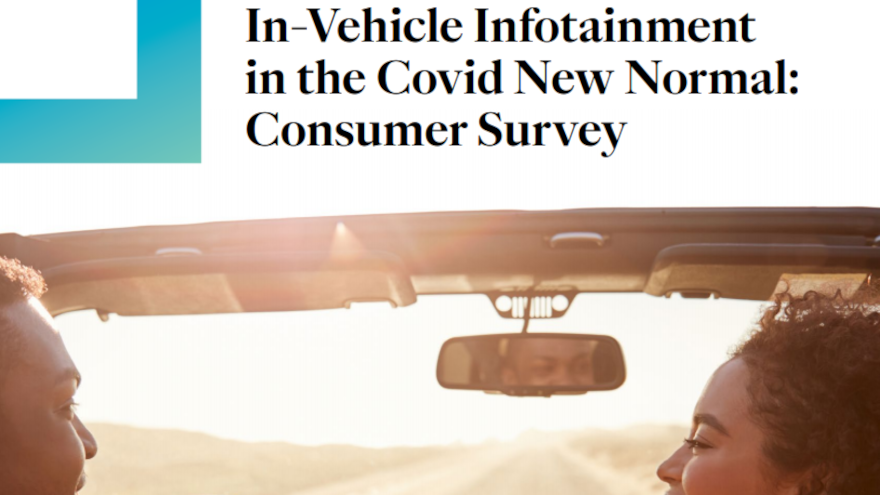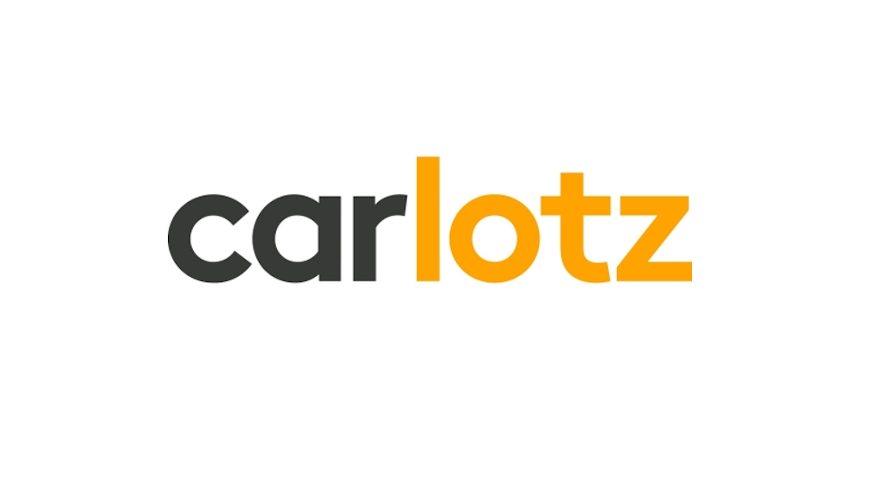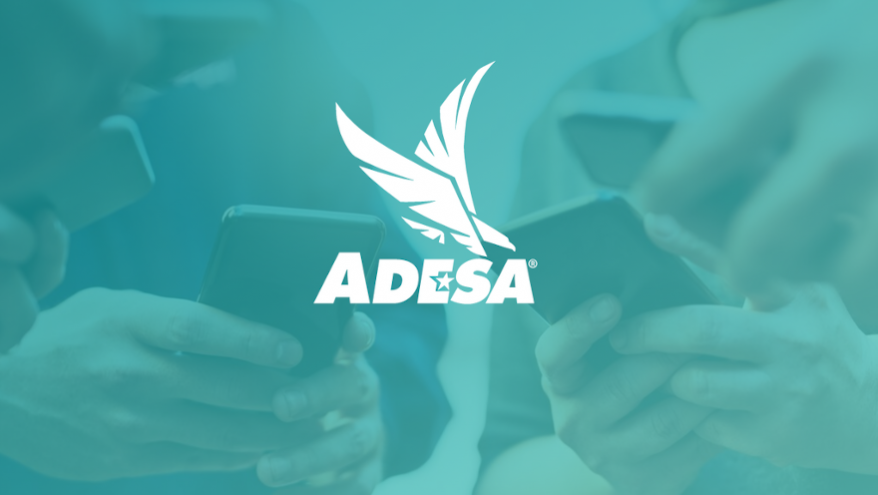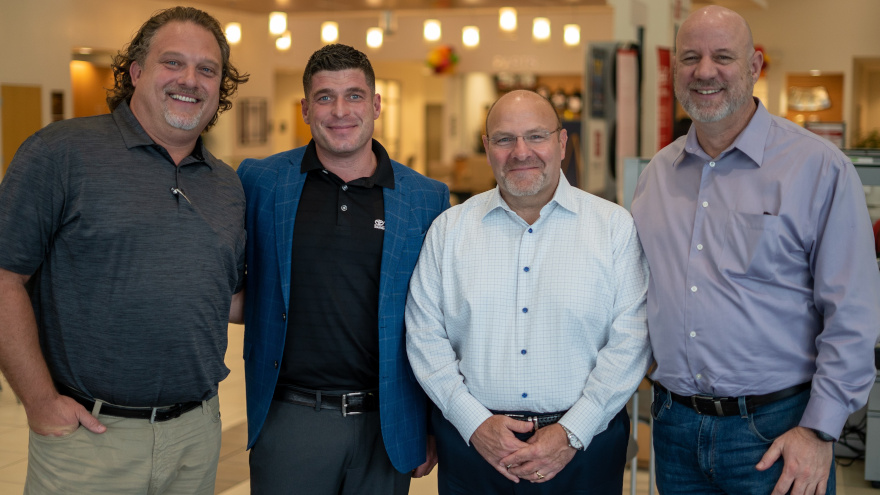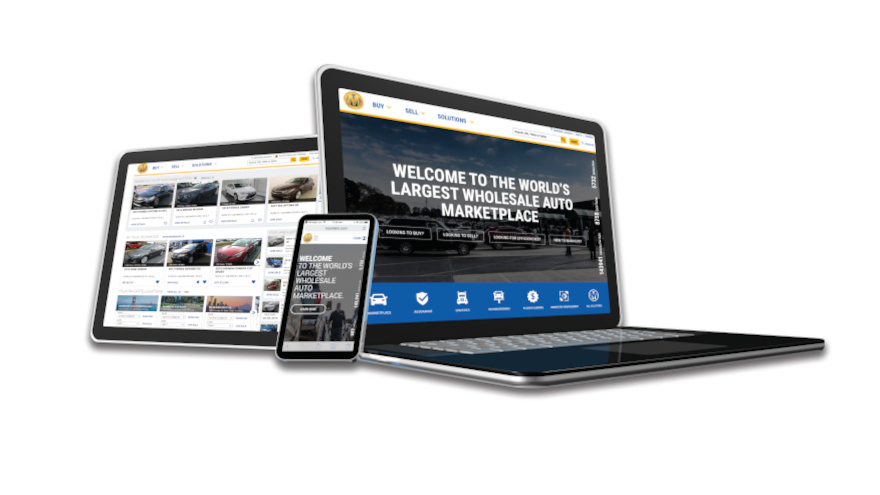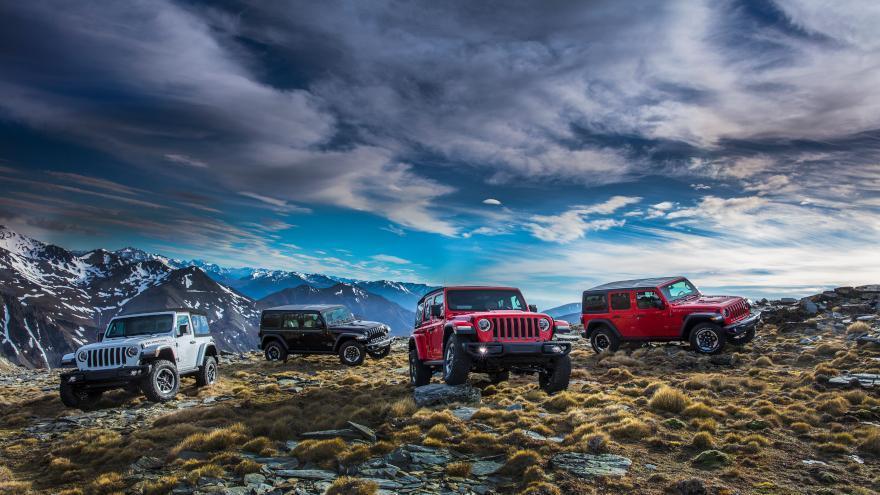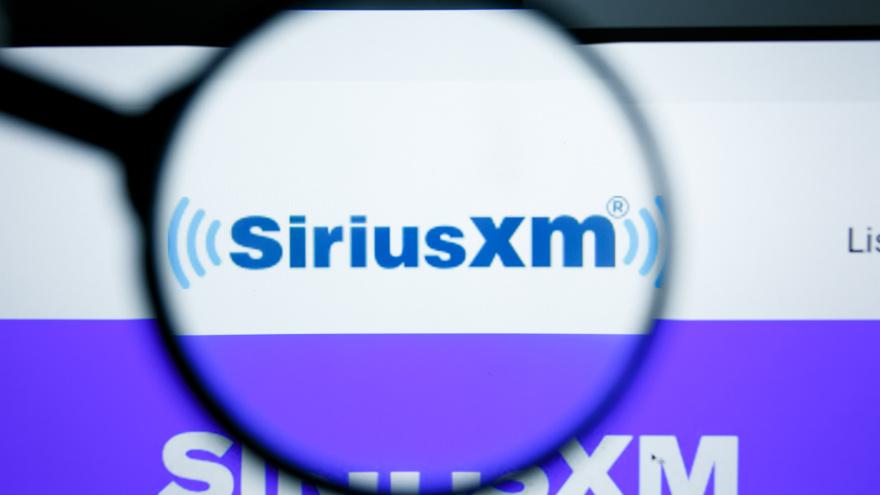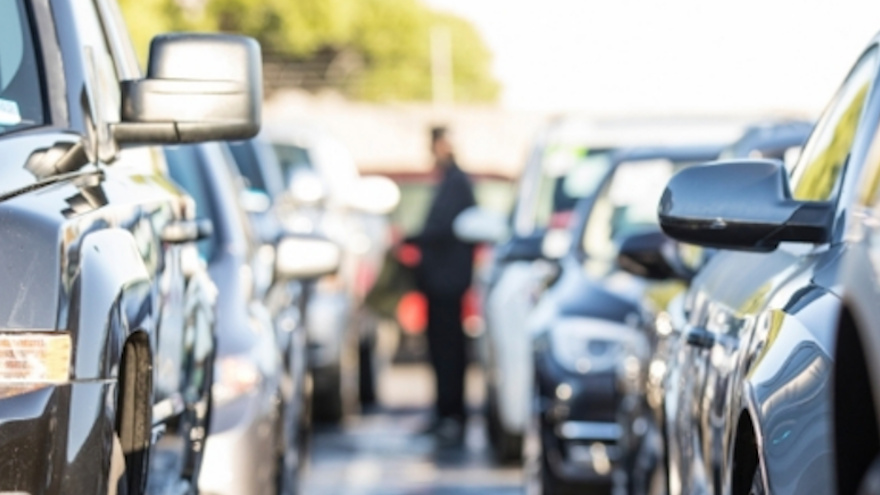Adding to sister hubs in Tampa and outside of Orlando on Merritt Island, CarLotz said it will soon open its third Florida hub.
The company’s co-founder and chief executive officer Michael Bor said its consignment model has been successful in the Sunshine State.
“As CarLotz continues to expand across the Southeast, it’s really exciting to see three hubs in another state, like we have in Virginia,” Bor said in a news release.
Bor also said, “In some cases, we open hubs to reach a new market and in other cases to increase capacity, but with our Clearwater opening and the unique dynamics of the greater Tampa-St. Petersburg market, this hub helps us in both respects.
He went on to say, “It also goes to show that when our guests experience the benefits of our consignment model, which results in thousands more in value over the competition, the good news travels fast. We are grateful to our guests for spreading the word.”
The company said its Southeast expansion, along with its recent Illinois and California announcements, shows its commitment to its mission to create the world’s greatest vehicle buying and selling experience for consumers and commercial consigners.
CarLotz operates its full omnichannel offering out of hubs in Virginia, North Carolina, Florida, Illinois, Tennessee, Texas and Washington State. It will soon open a California hub.
The new Florida hub will be located at 13525 US Highway 19 in Clearwater.
The company said it is hiring sales coaches, service techs, and managers, along with additional positions, at the new Clearwater location and several other U.S. locations.
Continuing what it describes as a rapid expansion, CarLotz said it will soon open its first California hub.
The move will be CarLotz’s first expansion into California, which CarLotz co-founder and chief executive officer Michael Bor described as “one of the nation’s most diverse, inclusive and dynamic states.”
CarLotz, a consignment-to-retail used vehicle marketplace, said it is working to make its buying and selling experience a reality across the country.
The Golden State hub will be located at 4608 Rudnick Ct. in Bakersfield, Calif. The California hub will be the second West Coast location for CarLotz. That hub’s sister hub in Lynnwood, Wash., opened in February.
As for Bakersfield, Bor described it as being an advantageous location with a welcoming approach to industry.
“We are looking forward to helping our new guests understand how we can help them sell their car for more, and to get the best value when buying a vehicle through us,” Bor said in a news release.
Bor also said, “Not only will this fill a void in the used-vehicle buying and selling market in California, and provide a great opportunity for our national clients as well as local consumer consignors to get more for their vehicle, but it will bring new jobs and opportunities to the Bakersfield community.”
The Bakersfield location will open in tandem with a new location in Charlottesville, Va.
“The symbolism of opening doors in both California and in our home state of Virginia on the same day is not lost on us,” Bor said. “From management to our mechanics, all of us at CarLotz are excited to bring our one-of-a-kind offering to everyone in the market to buy or sell a used car.”
With the expansion, CarLotz operates its full omnichannel offering out of hubs in Virginia, North Carolina, Florida, Illinois, Tennessee, Texas, Washington State, and now California.
CarLotz recently opened its first Tennessee hub.
At the new Bakersfield location, CarLotz is currently hiring for various open positions such as sales coaches, service techs, and managers. The company is also working to fill roles at additional locations around the country and invites people to learn more and apply at www.carlotz.com/careers.
Nine out of ten vehicle owners say the presence of radio in the dashboard is important to them, according to a new survey.
They also say the pandemic has made dashboard entertainment/information more important because listening to music helps ease anxiety from all the bad news and stress in the world.
That is especially true for Gen Z. But the ability to access local news and pandemic bulletins has gained in importance for many respondents to the national CARAVAN survey conducted by ENGINE Insights on behalf of audio, imaging and sensing technology company, DTS. The survey also highlights topics such as the importance of the personal vehicle, content preferences, and safety.
Radio still the anchor
Eighty percent of vehicle owner survey respondents want their in-vehicle dashboard entertainment personalized to their particular tastes and interests. That is especially important to young consumers, with 91% of Gen Z respondents and 89% of Millennials feeling that way about personalization.
“This study … reinforces that car owners are looking for a dashboard that offers infotainment content that is personalized, discoverable, and textually and visually-rich,” said Jeff Jury, general manager, Connected Car, for Xperi Holding Corp., in a news release. DTS is a wholly owned subsidiary of Xperi.
But even with respondents’ desire for the latest technology, more than half of vehicle owners like having radio as the anchor for their media diet. Ninety-one percent of vehicle owners surveyed say the presence of radio in their dashboard is important. Seventy-two percent say it is indispensable or very important.
Radio is a great choice when you run out of things to listen to in your media library, according to 60% of respondents. Fifty-eight percent say that because sifting through the clutter of content choices is too difficult, they mainly listen to their pre-programmed radio stations.
Radio is indispensable or highly important to seven out of 10 vehicle owners overall, according to the survey. Nearly 80% of Millennials value radio in the dashboard more than their generational counterparts, Gen Z, Gen X and Boomers.
“We were particularly struck by some of the demographic data, for example, that Millennials value radio in the dashboard so highly, with 78% saying it is indispensable and that households with children are most likely to find their vehicle more important today [and to view it as a place of refuge],” said Eric Corliss, manager, ENGINE Insights.
Corliss went on to say, “Also, that these demos, along with Gen Z, are the most likely to place greater importance on dashboard entertainment/information today, versus pre-COVID.”
Role of pandemic
For 47% of all vehicle owners, their personal vehicle is more important than ever to them today versus pre-COVID, according to the survey. Sixty-two percent with children in the household report their vehicle is more important than ever, while only 39% of those with no children feel that way.
For more than one-third of respondents, their vehicle offers a place of refuge during these challenging times.
Only 6% say their vehicle is less important because they no longer commute.
Those saying their vehicle is more important now cite a discomfort with public transportation or ride-sharing.
Sixty-four percent of Gen Z, 61% of Millennials and 65% with children place greater importance on dashboard entertainment/information today versus pre-COVID.
Sixty-nine percent of Gen Z respondents and 68% of Millennials are the most likely of all generations to listen to different content in their vehicle than before COVID, and that is the case for only 33% of Baby Boomers.
Personalization important
Respondents said personalization prevents them from having to fiddle with controls while driving. It also prevents too much content clutter.
As mentioned earlier, personalization is most important to Gen Z respondents and Millennials, while being less important for Gen X and Baby Boomers.
But overall, respondents want cost-free, worry-free content. Thirty percent of respondents said free content is the feature most important to the in-vehicle dashboard entertainment experience. Twenty-eight percent said not having to worry about upgrades/connection is important, and 25% stressed the importance of being able to continue listening to a radio station digitally when the vehicle has gone out of broadcast range.
Four in five vehicle owners say no-cost listening choices are important.
They can relate to the following sentiment: Because such great broadcast radio and free discoverable content is available, it makes no sense to pay.
Another capability that is important to respondents: The ability to continue listening to a radio station digitally when the vehicle has gone out of broadcast range.
Also, Millennials and Gen Z like having content relevant to what they listen to “discovered” for them. That is not as much the case for the older generations. Millennials and Gen Z also like the ability to see rich visual/textual information about the artist and song they are listening to.
“This new survey reveals key trends driven by the pandemic, including the rise in the importance of both the personal vehicle and in-dash infotainment, as well as a change in the kind of content listened to in-vehicle,” Corliss said.
Consignment-to-retail used-vehicle marketplace CarLotz has opened its first Tennessee hub, marking the ninth opening in the Southeast and its 11th nationwide.
The new site adds to CarLotz hubs in Virginia, North Carolina, Florida, Illinois, Texas and Washington state.
The Nashville-area hub is located at 1821 Gallatin Pike N. in Madison, Tenn.
The Nashville opening comes after CarLotz recently said it would open its fourth Virginia hub in Charlottesville, That, according to the company, further expands its full omnichannel offering in its home state and continues its growth plan.
“Whether you’re in music or medicine, we love serving communities like Nashville that are made up of so many interesting, passionate people,” CarLotz founder and chief executive officer Michael Bor said in a news release.
Bor also said, “We are excited to bring our unique business model to the community and to demonstrate how CarLotz puts more value back into the hands of buyers and sellers. Our wide range of inventory means we have a car for every type of person, no matter their life stage, and we are thrilled to be a part of this vibrant Nashville community.”
CarLotz said it is hiring for team roles such as sales coaches, service techs, and managers at the new Nashville location.
New vehicle geo-locating devices from ADESA at select U.S. and Canadian locations combine mobile app technology and GPS-enabled technology to help improve efficiency, security and the customer experience at ADESA locations.
The GPS devices are placed securely on each vehicle upon arrival at ADESA and can be accessed through the Vehicle Locator functionality of the ADESA marketplace app.
For sellers, according to the company, that provides accurate, real-time visibility into vehicle location and security. For buyers, they can quickly preview, check out and transport purchased vehicles.
ADESA said the technology release is part of its multi-year strategy to rethink traditional auction processes. The company also seeks to inject the latest digital technology across its 74 North American facilities.
“The launch of ADESA’s new geo-locating devices is the perfect combination of digital transformation meets physical innovation,” John Hammer, chief commercial officer of KAR Global and president of ADESA, said in a news release.
Hammer also said, “On-site customers can download the ADESA Marketplace app and easily locate sale-ready or purchased inventory in a matter of seconds — saving them a lot of time and frustration. And because our employees are also using this technology, we’re able to accelerate cycle time for vehicle check-in, inspection and reconditioning, reducing valuable days-to-sale for our consignors. It’s a true win-win for everyone.”
Thousands of dealers nationwide use the ADESA Marketplace app, which features vehicle information and now provides pinpointed locations accurate to a single parking spot.
The enhanced Vehicle Locator feature is currently available to users at 38 ADESA sites. It will be fully offered across the U.S. and Canada by the end of May.
ADESA Marketplace app users starting in April will also be able to share vehicle location information with non-app users, such as transporters, including for purchased vehicles.
ADESA chief operating officer Srisu Subrahmanyam said that with all U.S. and most Canadian ADESA locations open for vehicle previews, and with most offering in-lane bidding, the new Vehicle Locator feature brings dealers a more efficient and technology-enabled experience while on-site.
“In addition to streamlining auctions for dealers and consignors, the devices also add an additional layer of security to ADESA’s robust asset protection and safety measures,” Subrahmanyam said.
Subrahmanyam also said, “We’re able to see exactly where the vehicle is on our lots and throughout the remarketing process—and are alerted if a vehicle leaves our lot unexpectedly.”
The investments and improvements as part of ADESA’s multi-year strategy are aimed at bringing more consistency and efficiency to auction operations and providing a good experience for on-site customers, the fastest cycle times for consignors and good outcomes for all customers.
Social advocacy platform Quantum5 has appointed Germain Toyota of Naples general manager Brian Kramer to its advisory board.
Quantum5, which says it transforms dealership training through its lifetime value model, described Kramer as an industry thought leader for digital transformation.
For Germain, Kramer served in several different roles before he became a general manager of a Mercedes-Benz store at age 24.
Kramer also served as general manager at two AutoNation dealerships.
He said Germain Toyota has worked with Quantum5 and its co-founder and chief executive officer David O’Brien to teach Germain’s sales and service teams how to think critically rather than simply following a script.
Germain Toyota of Naples was the No. 1 Certified Pre-Owned Volume Dealer in Southwest Florida for 2019 and 2020.
During that time, the dealership retailed more than 10,000 vehicles. Quantum5 described Kramer’s team as being a leader in areas such as digital retail, virtual F&I, remote appraisals, and remote/offsite transactions.
“The rise of COVID-19 is accelerating our industry’s move to digital retail, which, in turn, will require a new set of skills,” Kramer said in a news release.
Kramer also said, “I am especially pleased to join the Quantum5 board, because of our shared vision of changing the consumer experience to better fit the times.”
Through a new program, Manheim is expanding and enhancing protection of digital purchases.
The program is called Digital Buyer Protection, and Manheim says it will help dealers buy more confidently online.
The program applies across all of Manheim’s digital platforms and expands coverage for vehicles with condition reports for damaged items not previously covered.
Examples of those items would be undocumented exterior issues and glass.
Manheim also said it is aligning arbitration policies across platforms. That can make things easier for dealers, the company said, adding that it seeks to make digital purchasing easy, efficient and intuitive.
According to the company, that ultimately creates what it describes as a fully connected client experience across the Manheim Marketplace.
“When buying online, dealers need to be able to trust both the accuracy of condition reports and that Manheim will make it right if an issue arises,” Whitney Gerkin, Manheim senior director of digital enablement, said in a news release.
Gerkin also said, “The new Digital Buyer Protection Program is a significant step to increase trust — going above and beyond the industry standard to give our clients the utmost confidence when they click to buy.”
Manheim describes the Digital Buyer Protection as a new umbrella offering that reiterates its commitment to protect digital buyers purchasing on OVE.com, Simulcast, Manheim.com and Manheim Express.
The program boosts the number of items eligible for arbitration on digital condition reports that result from inspections performed at a Manheim location or by a Manheim Express Concierge, specifically in four new categories:
— Exterior: Undocumented visible exterior damage, unacceptable undocumented paintwork, or missing exterior equipment
— Glass: Undocumented glass damage
— Interior: Undocumented visible interior damage or missing interior equipment
— Tires: Tread depth, major misrepresentation (off by 2/32 or higher, resulting in 4/32 or below)
Digital Buyer Protection covers damage items that meet a minimum of $150 per item and add up to $600 or more within one of the four categories.
The company also said the recently announced Manheim Express Concierge Inspection Guarantee offers even more coverage on vehicles inspected by a Manheim Express Concierge. That includes mechanical and structural items.
With the Concierge Inspection Guarantee, Manheim agrees to arbitrate on behalf of the seller for claims on items related to the Concierge-generated condition report.
Manheim said it is making the arbitration process easier, simplifying and aligning arbitration policies across its digital platforms.
That helps ease the process for dealers making post-purchase decisions.
The Digital Buyer Protection program applies to vehicles purchased online with condition reports performed by Manheim employees, contractors or agents.
It is limited to claims for covered Items. Claims must be made during buyer’s arbitration window.
The digital retail space continues to evolve.
But because of the pandemic, many manufacturers were forced to speed up the process, says Jon Sundberg, who is senior manager of digital solutions at J.D. Power.
Sundberg was discussing the new J.D. Power 2021 U.S. Manufacturer Website Evaluation Study, which found that overall satisfaction of automotive manufacturer websites averages 832 on a 1,000-point scale for the luxury segment. The mass market segment averages 827.
The semiannual study measures the usefulness of automotive manufacturer websites during the process of shopping for a new vehicle. Ranking highest in the mass market manufacturer website segment, with a score of 850, was Jeep.
The study examined the following measures, in order of importance: information/content, navigation, appearance and speed.
Dodge (839) and Toyota (839) ranked second in a tie for the mass market manufacturer website segment.
Land Rover, with a score of 846, ranked highest in the luxury manufacturer website segment. Lexus ranked second at 845 and Cadillac placed third at 844.
The U.S. Manufacturer Website Evaluation Study is based on responses from 11,209 new-vehicle shoppers who say they might be in the market for a new vehicle in the next two years. The study was fielded from October to November. The initial study was released in 1999.
The 2021 U.S. Manufacturer Website Evaluation Study also found that only 35% of car shoppers are delaying a new-vehicle purchase due to the pandemic.
That is a decrease of five percentage points from the summer.
The study also found that 45% of car shoppers are willing to purchase online. J.D. Power said that as confidence in online car purchasing increases, manufacturer websites must become more sophisticated to meet shoppers’ expectations.
“For automotive manufacturers, an effective website is critical,” J.D. Power said in a news release. The company added that a manufacturer website serves as an important portal of information for new-vehicle shoppers during the selection process. The site assists those shoppers in narrowing their consideration set, and it helps them identify key vehicle features and benefits, according to the company.
Further addressing how the digital retail space continues to evolve, Sundberg said websites are moving beyond the traditional research tools such as images and videos. They are moving toward allowing customers to go through the full purchase process online.
“Continuous updating beyond the basic research capabilities to accommodating interconnected systems which allow shoppers to purchase vehicles fully online will prove to be beneficial to shoppers and manufacturers alike,” Sundberg said.
Over the course of an expanded agreement between SiriusXM and Kia Motors America, Kia will broaden the installation of SiriusXM throughout Kia models and trims produced in North America.
SiriusXM and Kia Motors America on Friday announced an expansion of their long-term agreement, with the relationship extending through 2025.
The increased penetration rate, which will begin with model year 2022 vehicles, means SiriusXM is targeted to become a standard feature on nearly all Kia vehicles sold at retail in the United States.
Kia customers purchasing or leasing SiriusXM-equipped vehicles will continue to receive a three-month subscription to SiriusXM All Access, which SiriusXM describes as its most robust programming package.
SiriusXM All Access brings SiriusXM’s full lineup of varied content to consumers. It also provides access to SiriusXM outside their vehicles on the SiriusXM app and on connected devices and speakers in their homes. Customers buying or leasing Kia certified pre-owned vehicles will also continue receiving a three-month subscription to SiriusXM All Access.
“Our customers love SiriusXM, and we’re excited to be announcing our plans to make it a standard feature across the vast majority of all vehicles sold at retail,” Kia Motors America vice president, sales operations, Bill Peffer said in a news release.
Peffer continued, “When you come to our dealerships and experience one of our award-winning models — from the ultra-popular Telluride to the Top-Safety Pick Forte to the sporty Stinger and so many more — that experience will be enhanced by SiriusXM’s world class programming and the best in audio entertainment in more Kias than ever before.”
SiriusXM vice president of automotive partnerships James Wu said the company was proud to expand its relationship with Kia and that SiriusXM being a retail standard feature across most of Kia’s lineup is a testament to the popularity of Sirius’ content.
“And we want every Kia customer to be able to drive off the lot enjoying SiriusXM,” Wu said.
Wu continued, “Kia boasts a distinguished lineup of vehicles and their commitment to innovative design, technology, safety and durability consistently puts them among the top brands for customer loyalty. The extension of our long-term agreement ensures that the Kia-SiriusXM relationship will continue to grow and serve those customers well for many years to come.”
More information is available on the SiriusXM program and the various ways subscribers can listen.
Noting that many vehicles are no longer picked up from a physical site, Manheim says its newly created Manheim Vehicle Release process gives buyers and sellers anytime access to the tools they need to release and pick up vehicles.
And they have that access whether the vehicle has passed through a Manheim gate or not.
The company said that with the new Manheim Vehicle Release process, formerly known as “Gate Pass,” the process of checking out a vehicle bought or sold through Manheim just became easier.
Manheim announced the change while also noting that it surpassed 2.5 million vehicles sold to a digital buyer so far this year. The company also said 80% of its transactions from January through September have been to buyers in a digital channel. Also, when compared year over year, sales through the Manheim Digital Marketplace were more than 150% higher in September.
Nearly 30% of buyers on Manheim’s Simulcast platform are using it for the first time.
That, according to Manheim, illustrates that more dealers are turning to digital wholesale to buy cars.
With inventory being sold digitally from various locations, the Manheim Vehicle Release process will ease and speed up the process of vehicles changing hands. Whether the vehicle is on- or offsite, clients will now be able to manage their vehicle releases on Manheim.com.
Previously, clients could only print their own onsite releases and needed team member assistance for offsite vehicles. But the change means clients can manage the process themselves 24/7.
That means vehicles can be released as soon as they are available, Manheim said. Clients no longer must wait for an email from a Manheim team member. The company said that speeds up and eases the process, regardless of the vehicle’s location.
Sellers will have online visibility to when vehicles can be released from the offsite location, and buyers will be able to see when those vehicles are ready for pickup, and that is all within Manheim.com’s Post-Sale Management section.
“As more and more vehicles are sold through the Manheim Digital Marketplace, but outside of our gates, we felt now was the right time to update this critical step in the wholesale process,” Manheim Digital Solutions senior vice president Zach Hallowell said in a news release. “By giving our buyers and sellers a way to self-serve Vehicle Release options for onsite and offsite vehicles, we’re giving them even more convenience, control and flexibility.”

